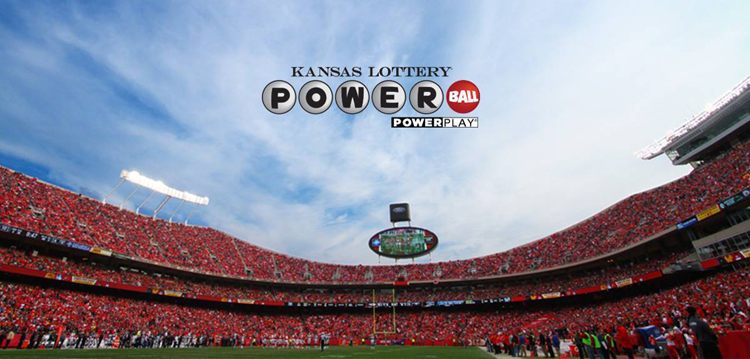Kansans whose regime includes purchasing lottery tickets find themselves questioning whether or not they have a fair chance at winning, or if the money they’ve spent is like so much water down the drain.
The Kansas Lottery can now be included in the growing list of state lotteries involved in a multi-state scandal involving fixed winnings. Fifty-two year-old Eddie Ray Tipton of Norwalk, Iowa is accused of using his position as Director of Information Security at the Multi-State Lottery Association (MUSL) to rig random number generators to produce a set of pre-programmed winning numbers. MUSL, whose members includes 37 states and territories, facilitates the operation of multi-jurisdictional lottery games, most notably Powerball and Mega Millions.
Investigators said on Monday that in December of 2010 while traveling through the state on business Tipton purchased a pair of prize-winning “2by2” game tickets at two separate locations in Kansas worth $44,000. Disclosed in court documents Iowa assistant attorney general Rob Sand wrote that according to the evidence Tipton passed the tickets along to associates from Texas and Iowa who claimed the prizes, and returned half of it in cash to him early in 2011, according to the Associate Press.
Earlier this month lottery officials in Kansas were asked by Iowa investigators to look into the tickets purchased in 2010. According to them any alleged tampering occurred at the MUSL’s headquarters in Urbandale, Iowa, which is where “2by2” is administered and drawn. Kansas Lottery executive director Terry Presta said that the Kansas Lottery had no way of knowing what Tipton was doing. A criminal investigation has been launched by the Kansas Attorney General’s Office.
Prosecutors believe that Tipton, who due to his position as a lottery vendor was prohibited from playing, used his access to the random number generator machines to secretly install malware programs that made winning numbers available to him in advance before vanishing without a trace. According to them since 2005 he worked in tandem with individuals such as Texas businessman Robert Rhodes and his brother Tommy Tipton, who is a Texas judge, playing those numbers and collecting prizes.
In September Tipton received a 10-year prison sentence for fixing a $16.5 million Hot Lotto jackpot in December 2010. After the fix, the winning ticket was purchased by Tipton near MUSL’s headquarters, and then passed along to Rhodes who was unsuccessful in collecting the prize money with associates. Since the September conviction Iowa prosecutors have charged Tipton with money laundering and ongoing criminal conduct for allegedly rigging jackpots valued at $8 million in Wisconsin, Oklahoma and Colorado. On Monday the Kansas jackpots were added to those charges.
Attorney for Tipton, Dean Stowers, contends no evidence exists that his client rigged the computers, and a three-year statute of limitations should prevent any charges related to old jackpots. However, Sand is fighting the motion to dismiss on that ground, based on the time of discovery. The case is slated for trial in January but could be delayed.



